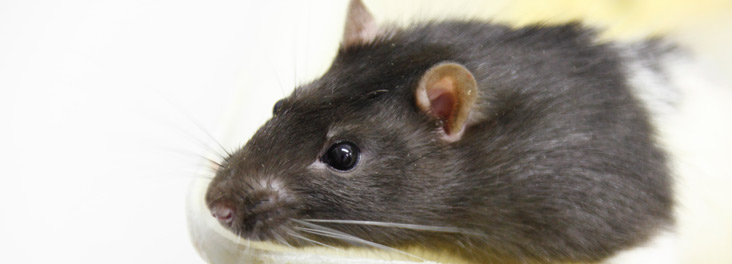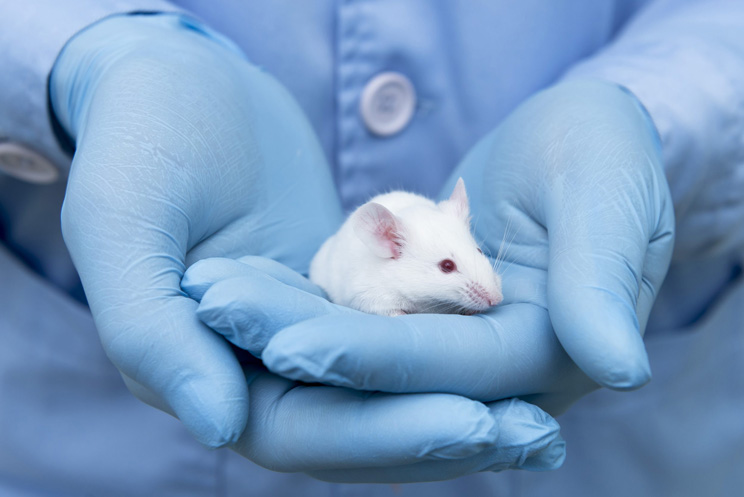- Companion animals
- Farm animals
- Animals in science
- Wildlife
- Animal Sentience
- Search
- My RSPCA
- Report a concern
-
Colour modeVivid Calm
- Home
- Animals in science
Animals in science
More than 100 million animals are used in research and testing across the world each year, including around three million in the UK (Animals in science infographic). Animals used in scientific procedures can and do experience pain, suffering and distress, which can be severe. The RSPCA's primary aim is the replacement of animal experiments with humane alternatives worldwide. Until this can be achieved, our work helps to ensure that the minimum number of animals are used, they experience the minimum suffering, and their welfare is significantly improved.

Animals are used for many different purposes, and each research area raises specific animal welfare, ethical and scientific issues. The RSPCA's constructive and informed approach is widely respected within the scientific community, enabling us to achieve positive outcomes for animals.
What we do
Our Animals in Science Department includes specialist staff who work with people involved in the regulation, care and use of laboratory animals, as well as other animal welfare and Three Rs organisations, to:
- Ensure that animal use is challenged - both ethically and scientifically
- Achieve reductions in animal use and suffering, and improvements in welfare
- Achieve effective, well-enforced regulation of animal experiments in the UK
- Raise standards of regulation and animal welfare internationally
- Promote open, informed debate on the use of animals in science
We hold meetings and workshops, produce reports and resources, and act as advocates for animals in many different forums. Our approach is summarised in our leaflet How the RSPCA helps laboratory animals.
Find out more about our work to end severe suffering in animals used in research and testing - Focus on Severe Suffering infographic.
Contact us: animalsinscience@rspca.org.uk
Follow us on Twitter: @RSPCA_LabAnimal
Newsletter
Sign up today to receive email updates about our work relating to animals in science




